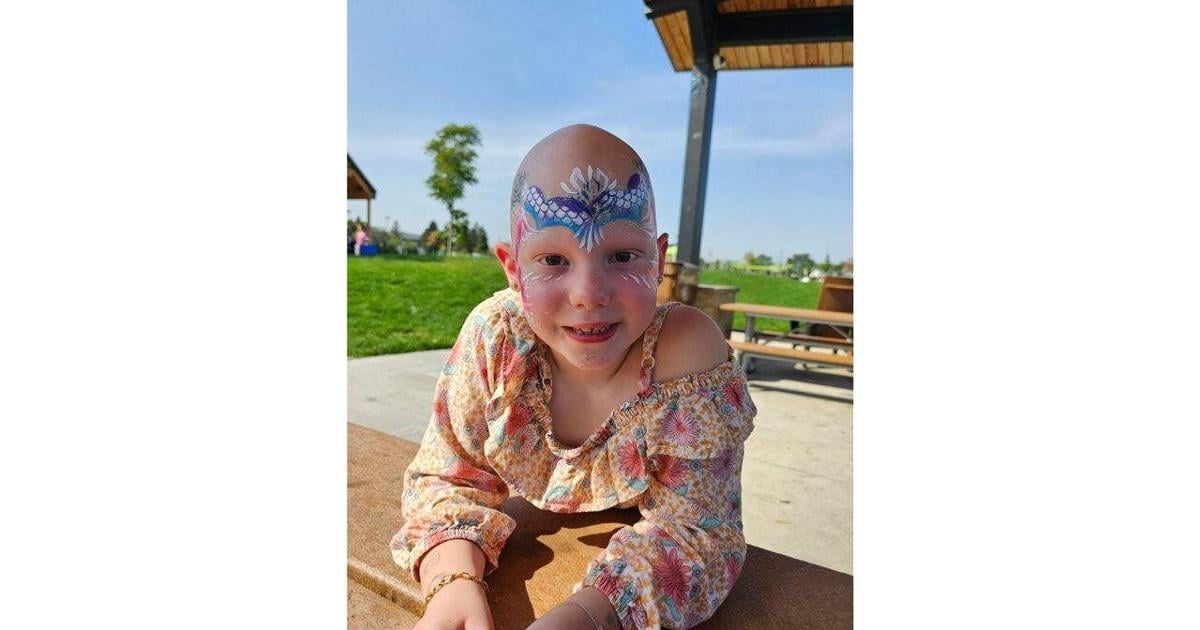Stroll to Foster Community Among Individuals with Alopecia Areata


The Emotional Toll of Alopecia Areata: A Mother’s Journey to Find Community
Alopecia areata, an autoimmune condition characterized by hair loss, can profoundly impact the lives of those affected and their families. This was the reality for Keira, who was diagnosed with the condition at the tender age of two. Her mother, Leslie, recounts her feelings of isolation and uncertainty during that challenging period. “It was so isolating and lonely,” Leslie reflects. “I felt desperate for information and a community.” Like many parents navigating a child’s health concerns, she found herself overwhelmed by the lack of resources and support specifically tailored to families dealing with alopecia.
As Keira began attending school, the effects of her diagnosis became more pronounced. The absence of hair not only influenced her physical appearance but also significantly impacted her emotional well-being. Leslie recalls a poignant moment when her daughter shared, “Being the only bald kid at school is really hard.” This statement underscores the challenges faced by children with visible differences, such as alopecia, including feelings of loneliness and the fear of being ostracized by peers.
The emotional ramifications of alopecia areata are not trivial. For children like Keira, the condition often leads to bullying and social exclusion, factors that can exacerbate anxiety and depression. Leslie’s determination to connect with other families coping with similar challenges highlights the vital role of community support. In response to her daughter’s struggles, Leslie actively sought out networks and organizations that focus on alopecia, recognizing that connecting with others who share similar experiences can foster resilience and provide essential emotional backing.
Support groups, both online and in-person, have emerged as crucial resources for families dealing with alopecia areata. These platforms not only offer practical advice but also create a safe space for sharing experiences. They empower families to advocate for their children, enhancing awareness about the psychological aspects of the condition and the importance of acceptance and understanding from peers and educators.
Moreover, raising awareness about alopecia areata can reduce the stigma associated with visible hair loss, encouraging environments where children feel safe to express themselves without fear of judgment. Scholarships, workshops, and awareness campaigns organized by various alopecia associations play an integral role in educating the public and fostering inclusivity.
In conclusion, the personal story of Keira and Leslie exemplifies the broader struggles faced by families affected by alopecia areata. As awareness continues to grow and communities foster support, it is crucial for society to create inclusive spaces that enable children to embrace their identities, irrespective of physical differences. By sharing stories and building connections, families can find hope and encouragement in their journeys.






